
ISO 55001:2024
ISO 55001:2024 is an updated version of the ISO 55001 standard, designed to help organizations establish, implement, maintain, and improve an effective asset management system. It provides a systematic approach to managing assets—whether they are physical, financial, or intangible—to maximize their value throughout their lifecycle. The 2024 revision emphasizes sustainability, digital transformation.
Read More
Organic Product Certification
In today’s health-conscious world, organic products have gained immense popularity. Consumers are increasingly opting for organic food, cosmetics, textiles, and other goods due to their perceived health benefits, environmental sustainability, and ethical production practices. However, to maintain trust and authenticity in the organic market, certification is crucial. Organic product certification ensures
Read More
BIFMA Certification
The Business and Institutional Furniture Manufacturers Association (BIFMA) is a non-profit organization that establishes voluntary safety and performance standards for office furniture. BIFMA, which was founded in 1973, is dedicated to the advancement of sustainability, durability, and safety within the commercial furniture sector.BIFMA certification is a quality indicator that certifies that a product.
Read More
ISO 18606:2013
In today’s world, where environmental sustainability is a priority, packaging waste management plays a crucial role in reducing environmental pollution. The ISO 18606:2013 certification is designed to address the growing concerns surrounding packaging materials by ensuring they are compostable and biodegradable. This international standard provides guidelines for packaging recoverability through organic recycling, making it an essential certification for businesses looking to contribute to a greener planet.
Read More
VAPT Certification
In today's digital landscape, protecting your organization's IT infrastructure from cyber threats is crucial. Vulnerability Assessment and Penetration Testing (VAPT) is a critical security measure that identifies potential vulnerabilities in your systems, ensuring they are fortified against cyber-attacks. Achieving VAPT certification is essential for businesses looking to maintain data security, build customer trust, and ensure regulatory compliance,applications, and networks.
Read More
ISO 14298:2015
ISO 14298 certification is an international standard designed for organizations involved in security printing. This includes companies that produce banknotes, identity documents, tax stamps, passports, and other high-security printed materials. The standard defines stringent requirements for security management systems (SMS) to ensure the protection of sensitive production environments.The primary goal of ISO 14298 certification is to establish a structured security management system that prevents counterfeiting.
Read More
CMMI Accreditation
Capability Maturity Model Integration (CMMI) is a globally recognized framework designed to enhance process efficiency and business performance. Organizations seeking to improve.
Read More
Cybersecurity
Cybersecurity refers to the practices, technologies, and processes designed to protect networks, devices, programs, and data from unauthorized access, damage, or attacks.
Read More
ISO/IEC 42001
ISO/IEC 42001:2023 is an international standard that provides a framework for establishing, implementing, maintaining, and continually improving an Artificial Intelligence Management System (AIMS).
Read More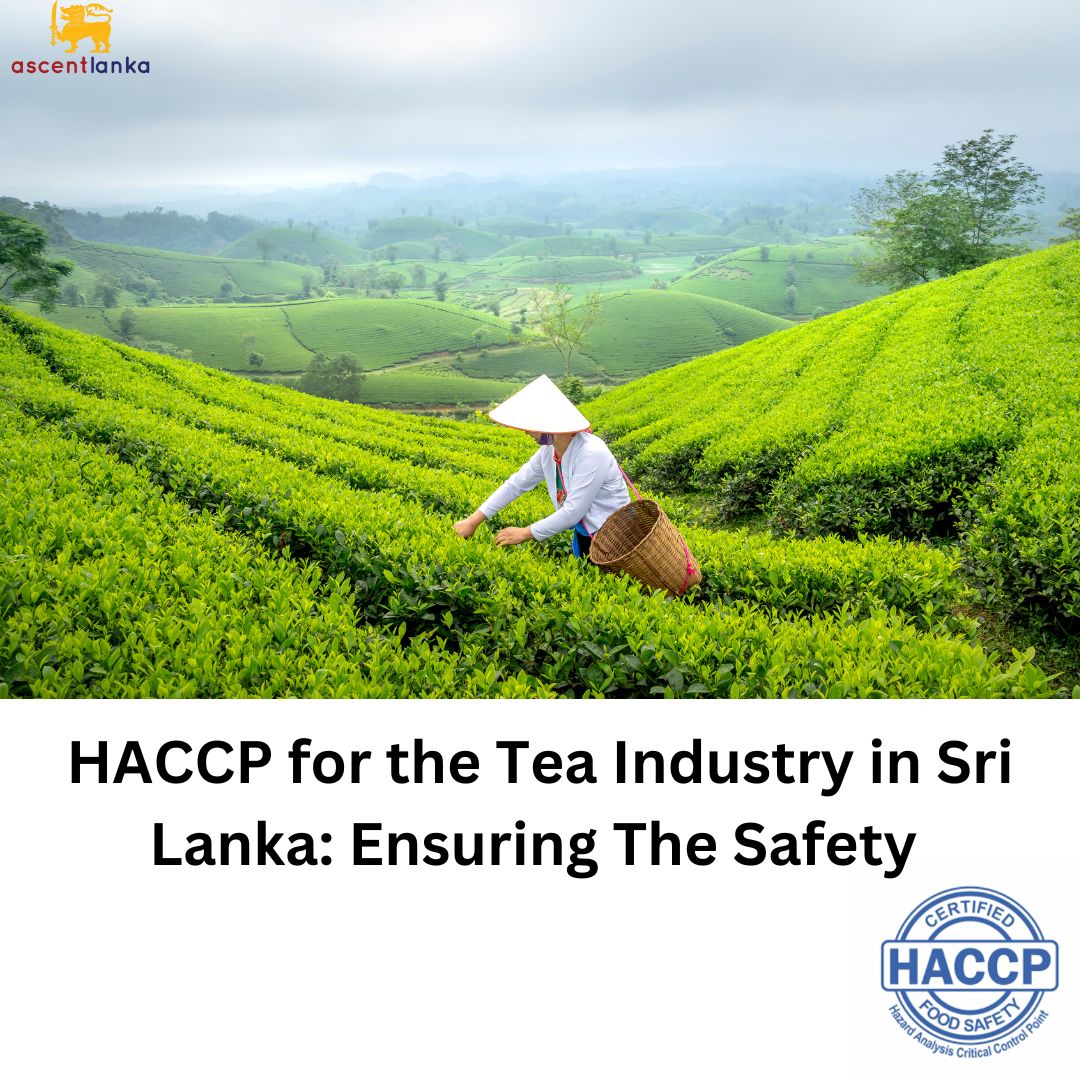
HACCP
HACCP is a preventive approach to food safety that focuses on identifying potential physical, chemical, and biological hazards in the production process and establishing controls at critical.
Read More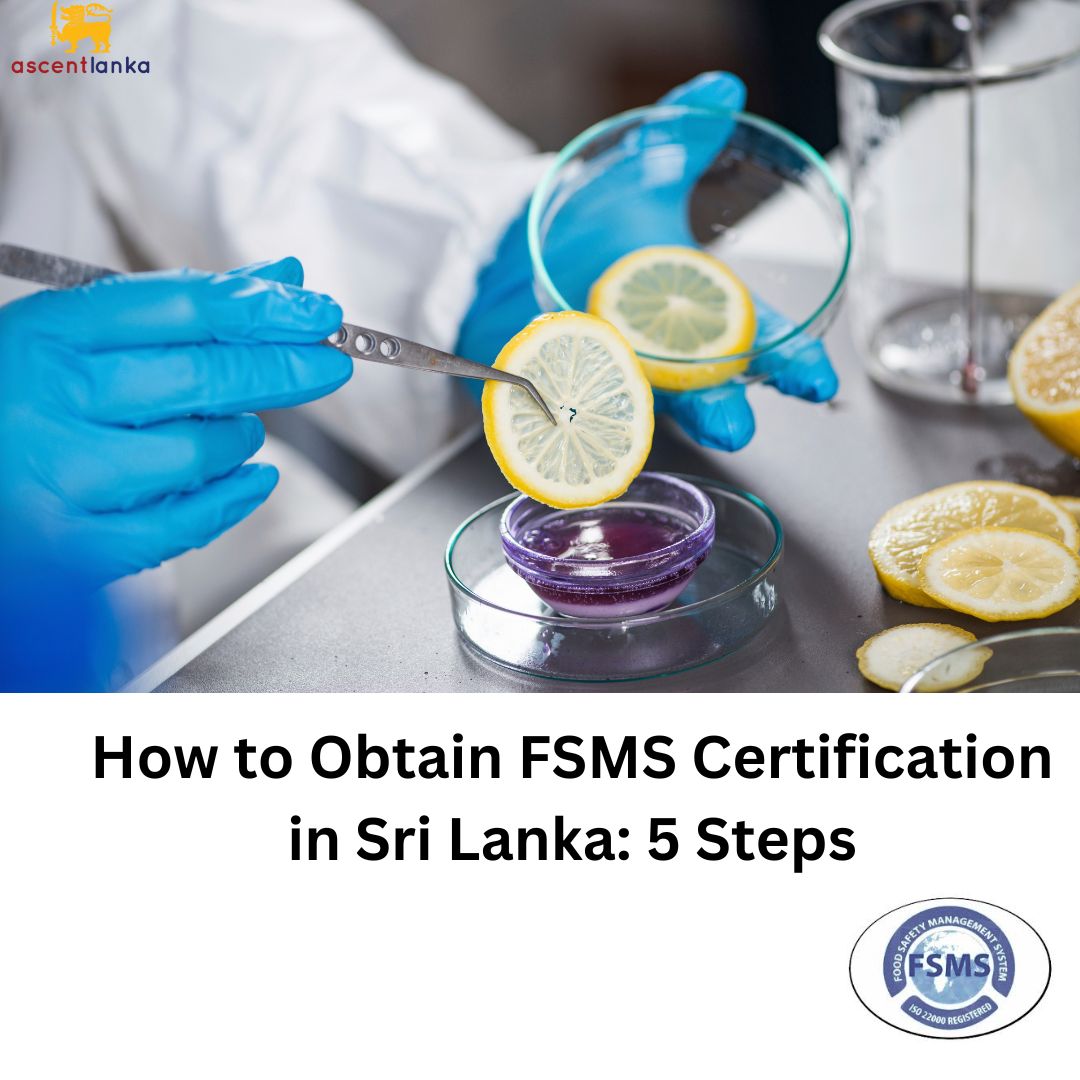
FSMS Certification
Food safety is a critical concern across the globe, and Sri Lanka is no exception. With growing awareness among consumers and increased regulatory requirements, businesses in the food industry .
Read More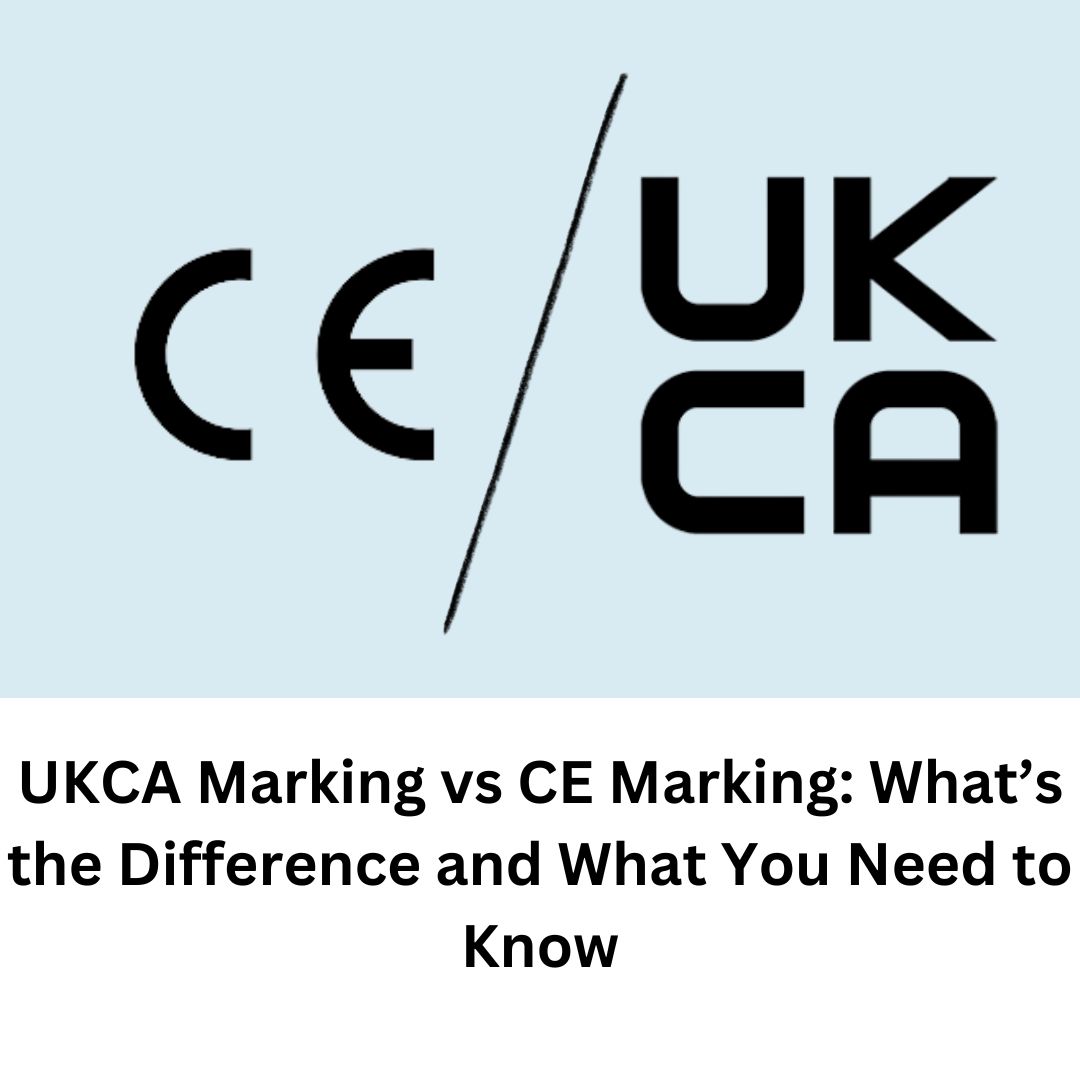
UKCA Marking vs CE Marking
In this blog, we’ll break down the key differences between UKCA and CE markings, explain their legal requirements, timelines, and implications for businesses, and guide you on how to ensure compliance.
Read More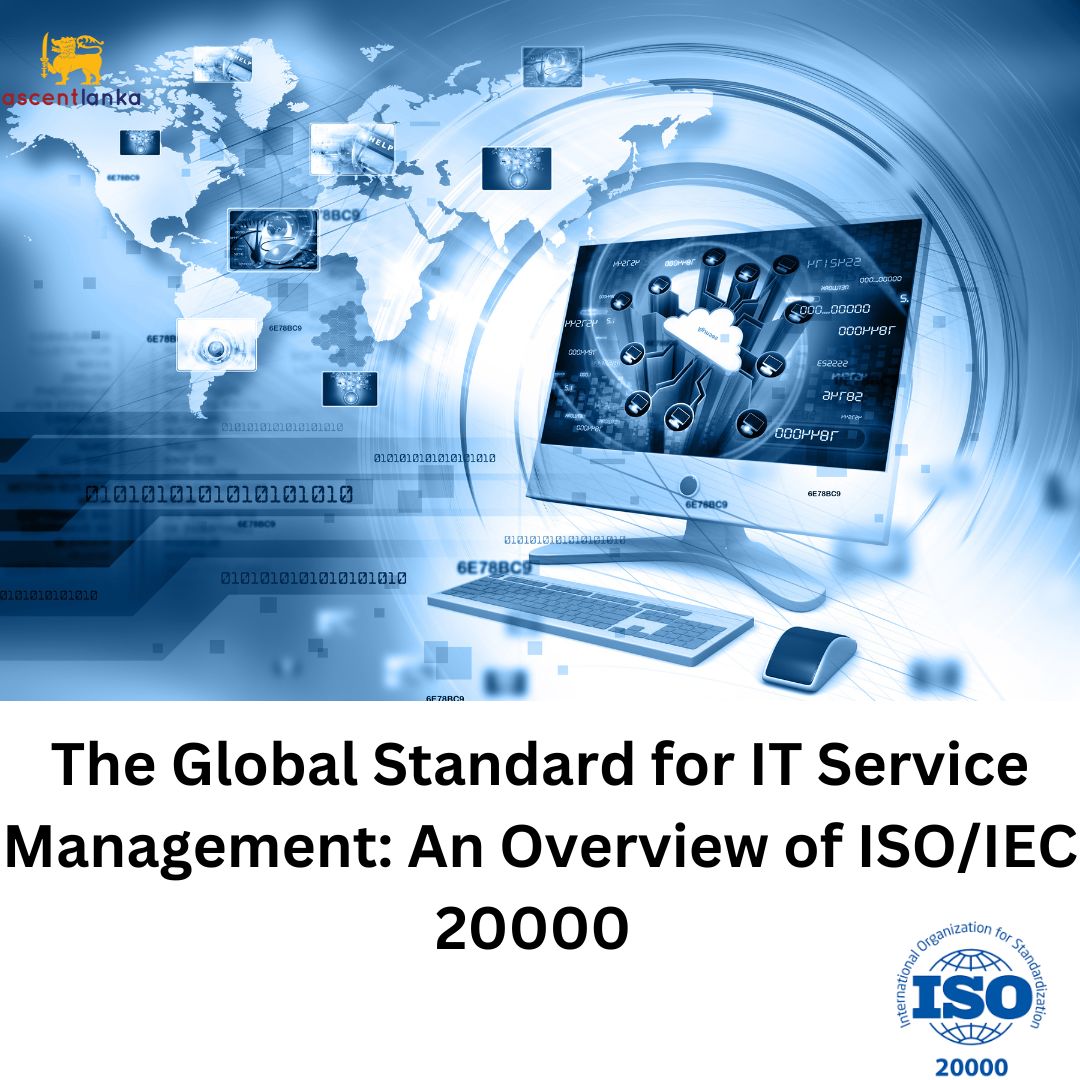
ISO/IEC 20000
It sets out the requirements for establishing, implementing, maintaining, and continually improving a service management system (SMS). The goal is to ensure that the organization consistently delivers.
Read More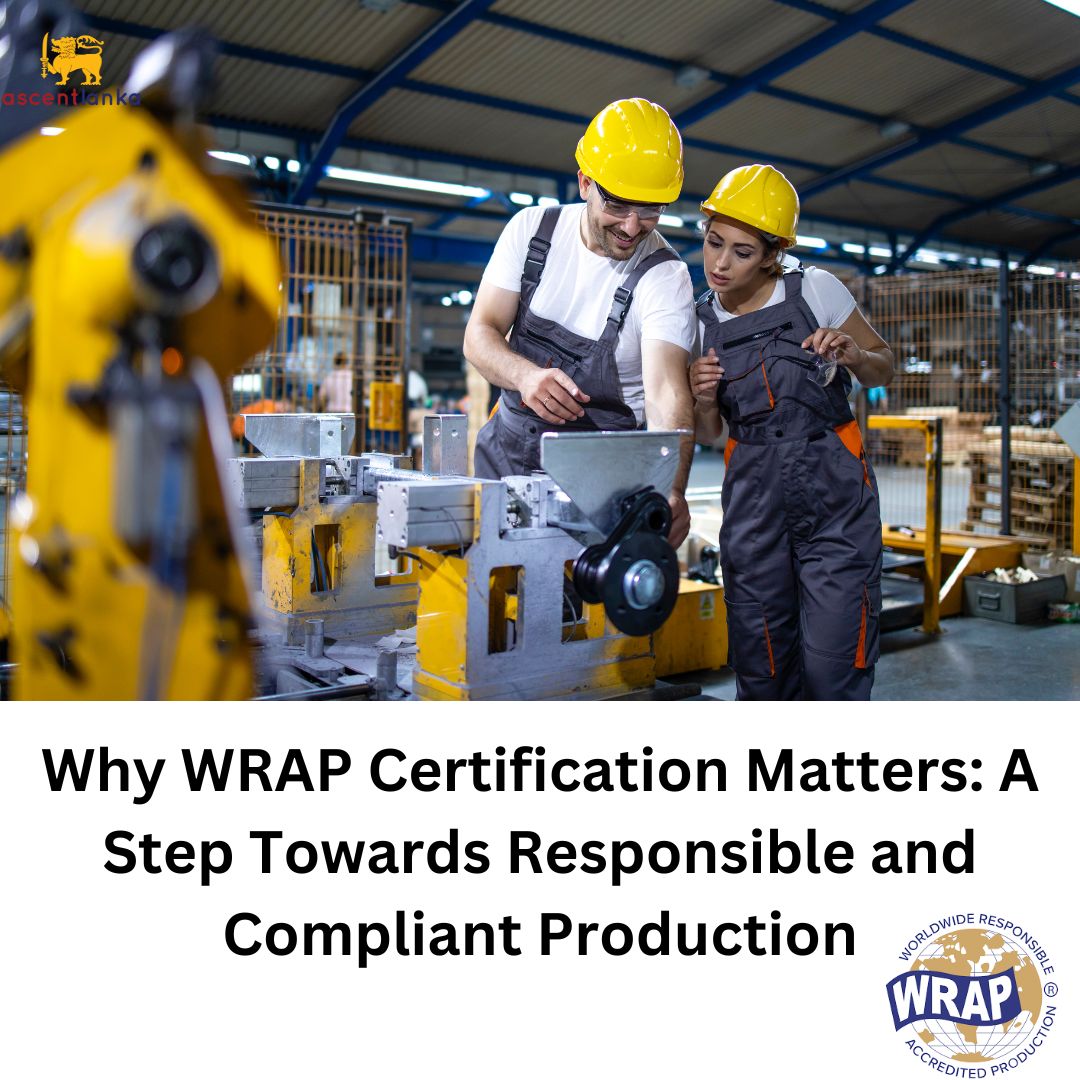
Why WRAP Certification Matters
WRAP (Worldwide Responsible Accredited Production) is an independent, non-profit organization that promotes safe, lawful, humane, and ethical manufacturing around the world.
Read More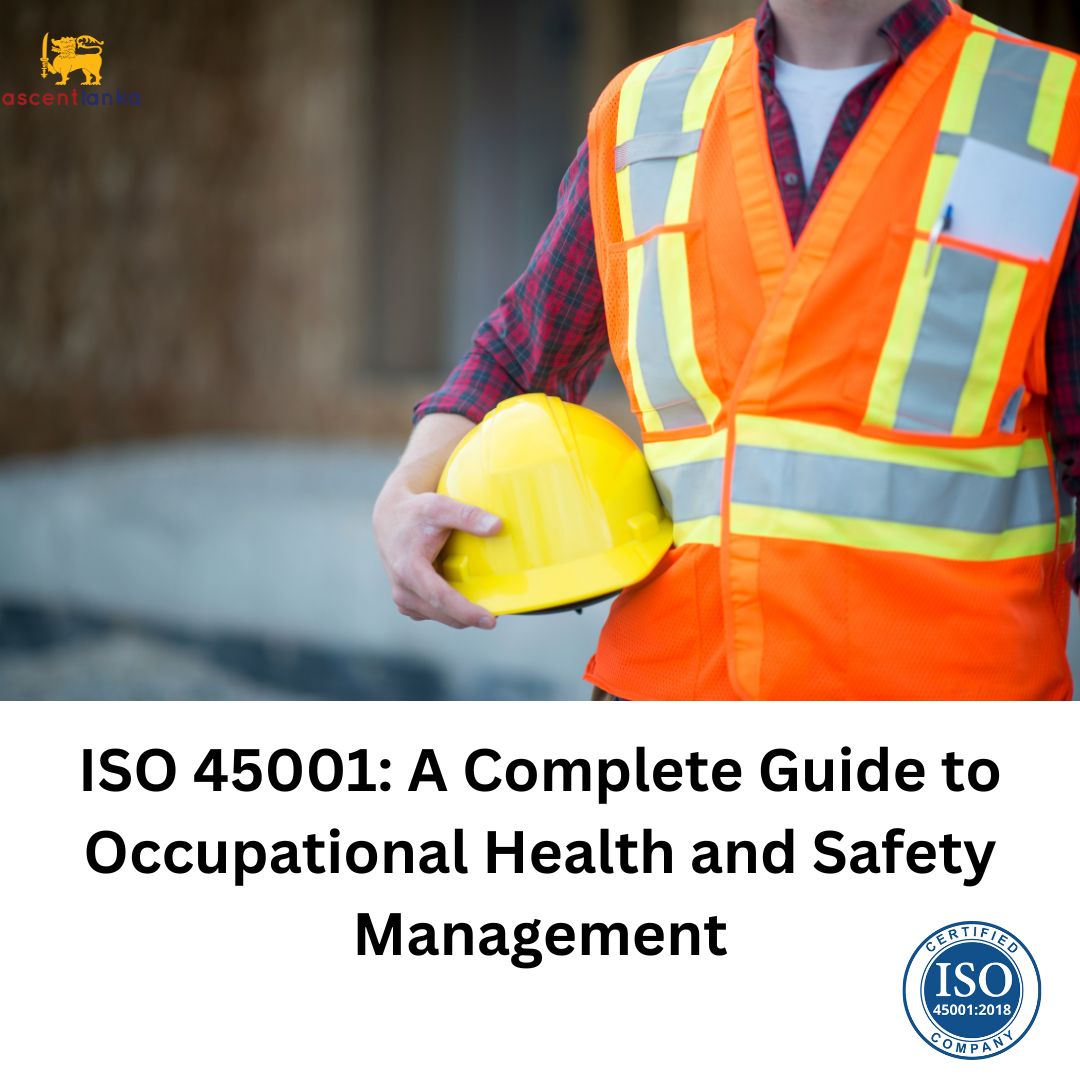
ISO 45001
ISO 45001 is an international standard designed to help organizations create safer work environments by systematically managing health and safety risks for an Occupational Health.
Read More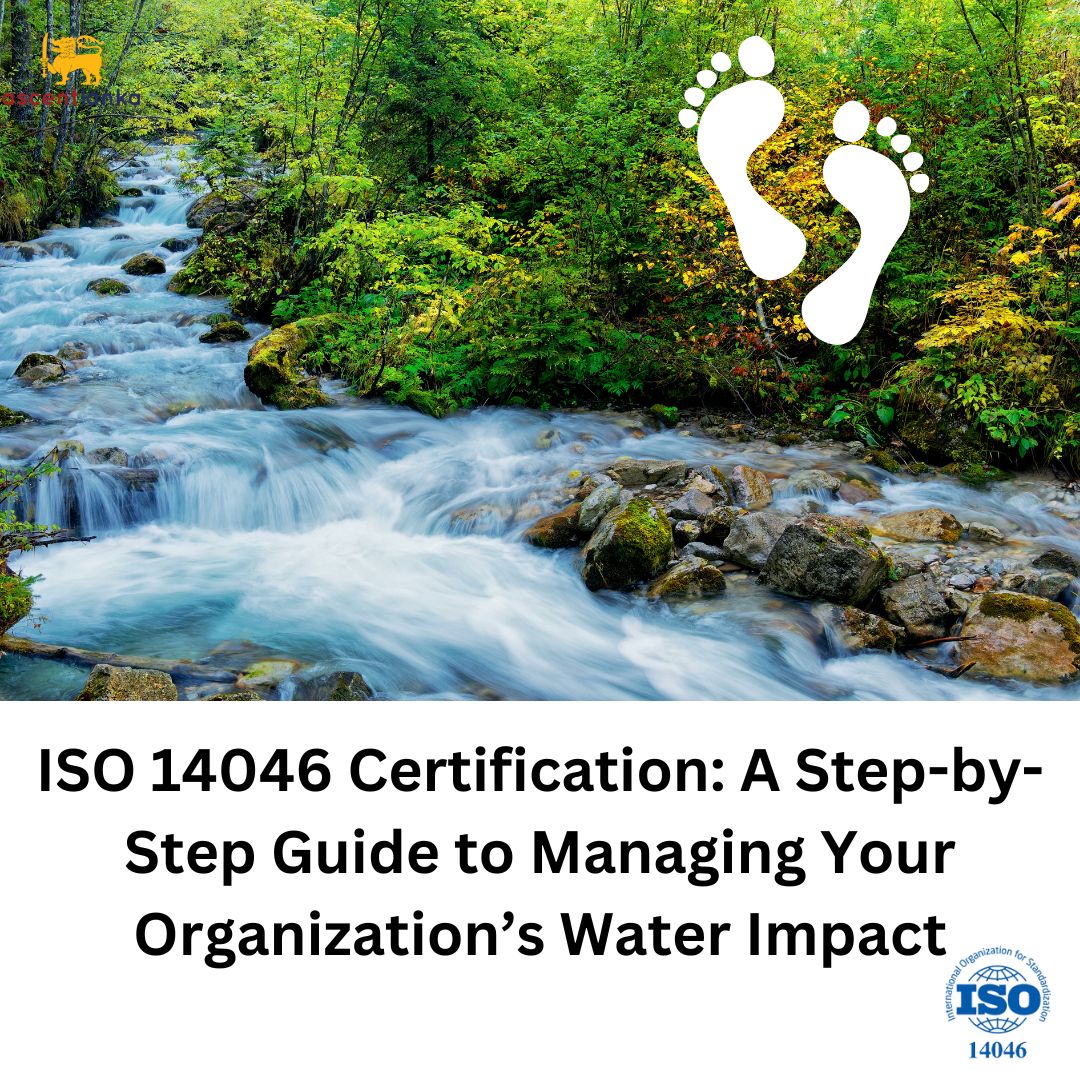
ISO 14046
ISO 14046 is an international standard that specifies principles, requirements, and guidelines for assessing the water footprint of products, processes, and organizations based on life cycle.
Read More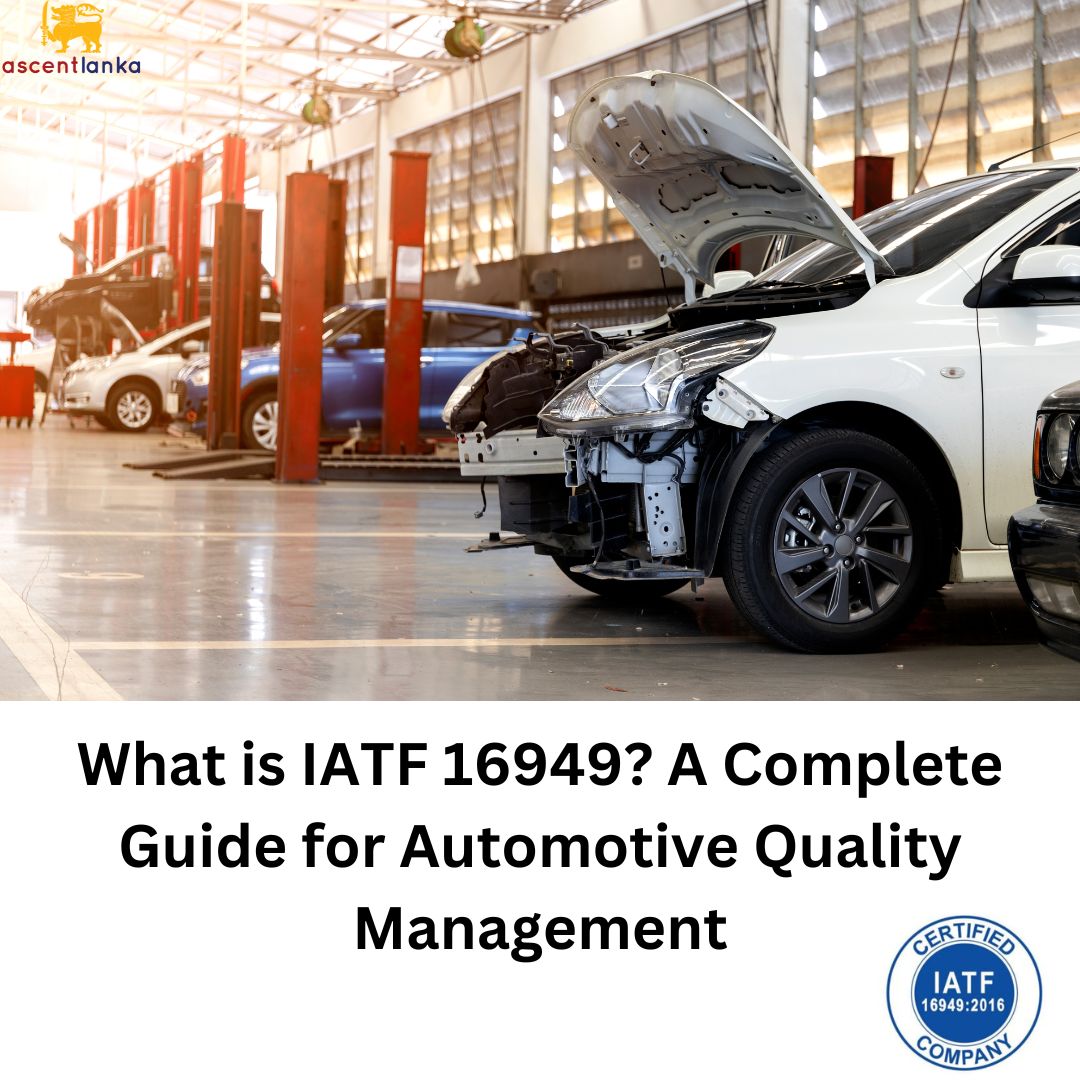
IATF 16949
The goal of IATF 16949 is to enhance customer satisfaction through effective application of the system, including processes for continual improvement, defect prevention, and reduction.
Read More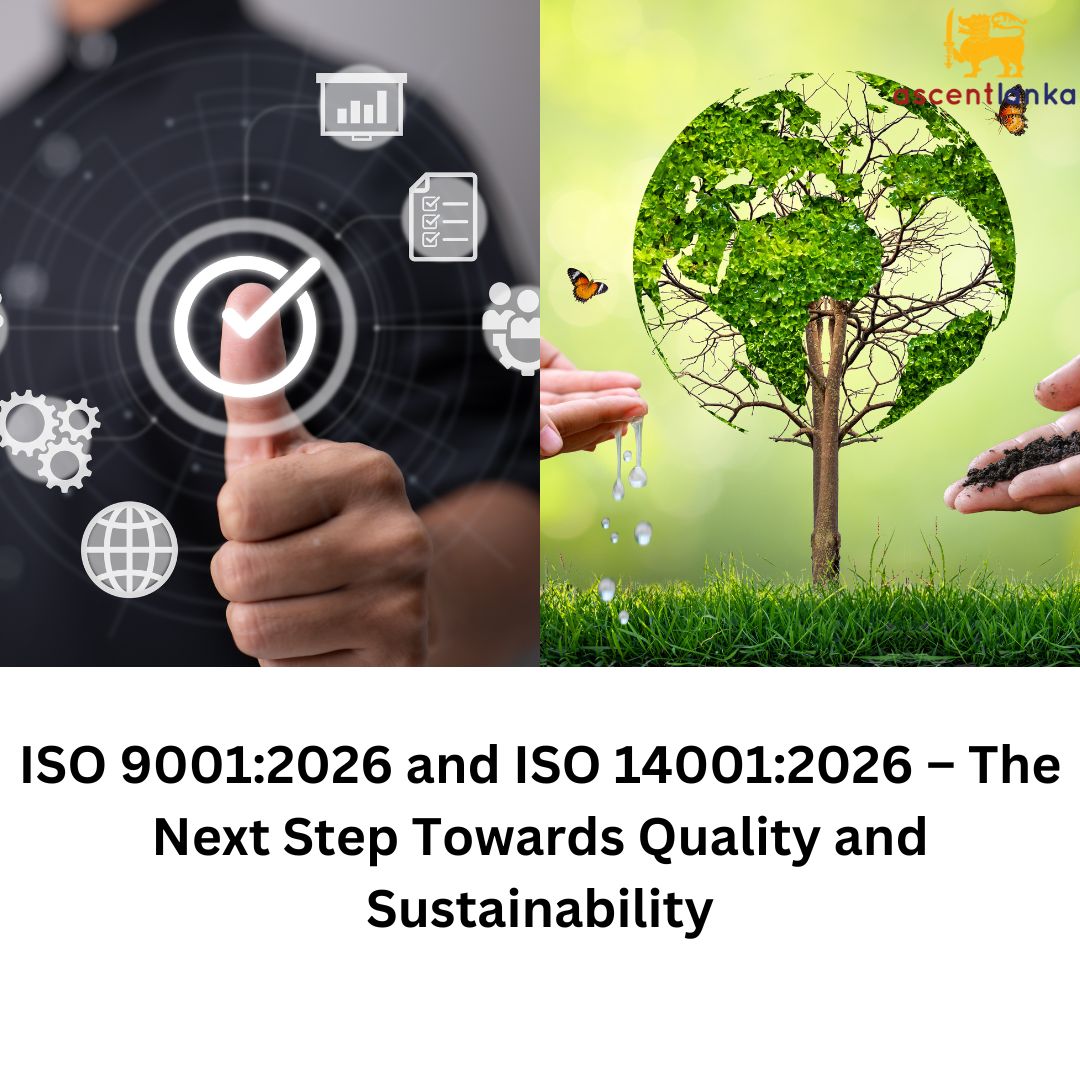
ISO 9001:2026 and ISO 14001:2026
Both standards are now set for a major revision, with the new versions—ISO 9001:2026 and ISO 14001:2026.
Read More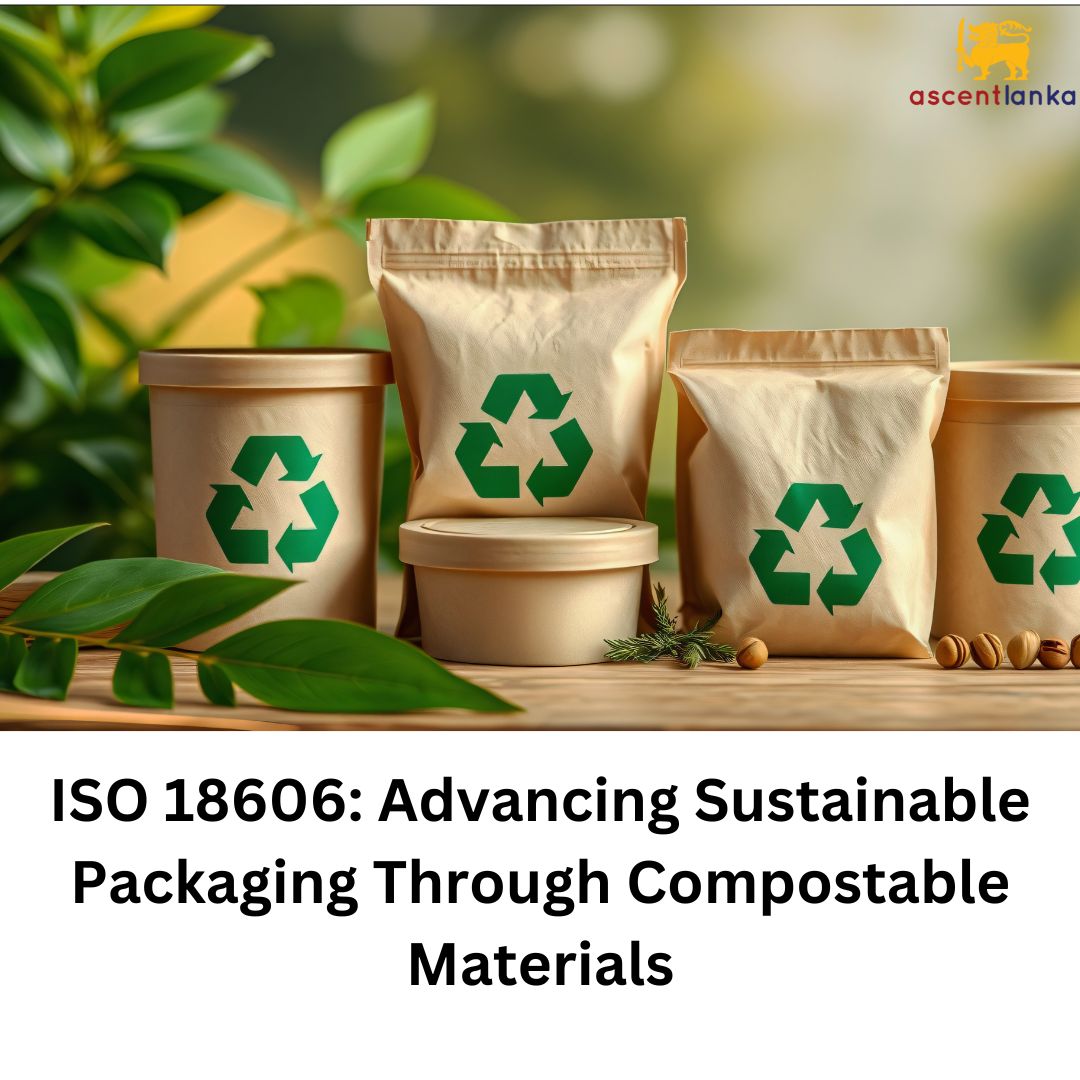
ISO 18606: Advancing Sustainable Packaging Through Compostable Materials
In an era where environmental sustainability is no longer optional but essential, businesses worldwide are striving to reduce their ecological footprint.
Read More
Why ISO 29001 Certification is Essential for the Petroleum Sector
ISO 29001 is an international standard developed jointly by the International Organization for Standardization (ISO) and the American Petroleum Institute (API).
Read More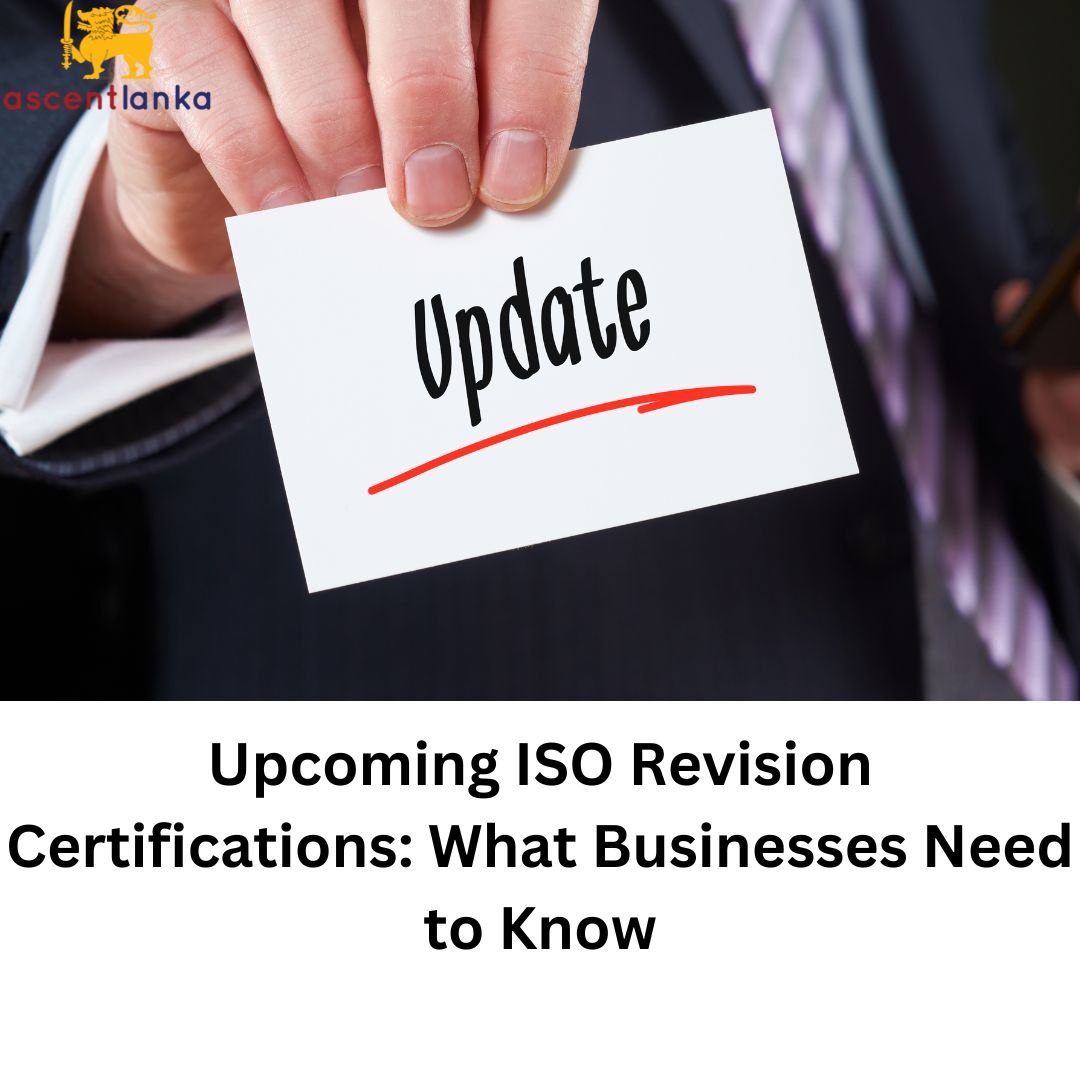
Upcoming ISO Revision Certifications: What Businesses Need to Know
In today’s fast-evolving global landscape, standards play a crucial role in maintaining quality, safety, and sustainability across industries.
Read More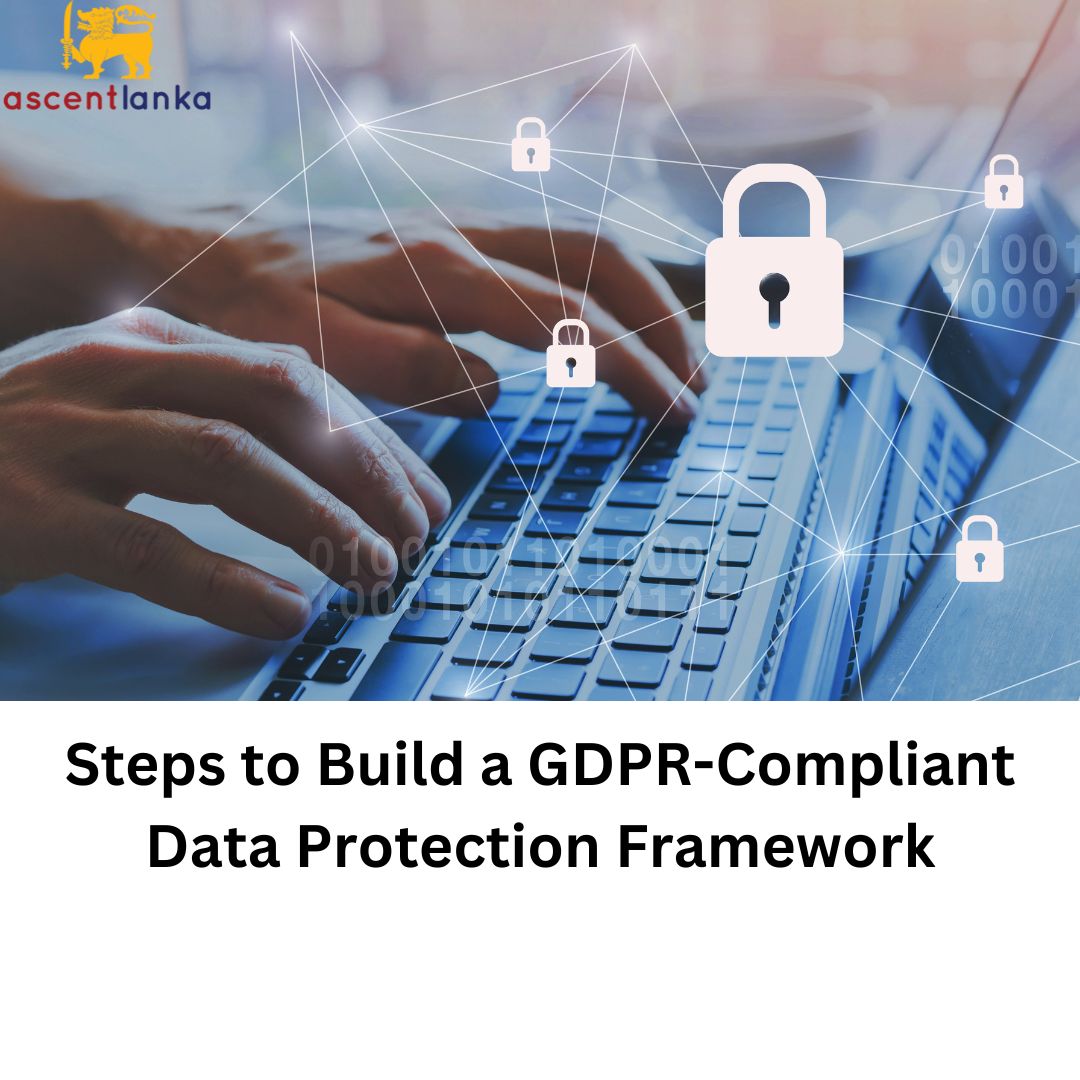
Steps to Build a GDPR-Compliant Data Protection Framework
In today’s data-driven world, organizations rely heavily on personal information to deliver services, enhance customer experiences, and drive digital transformation.
Read More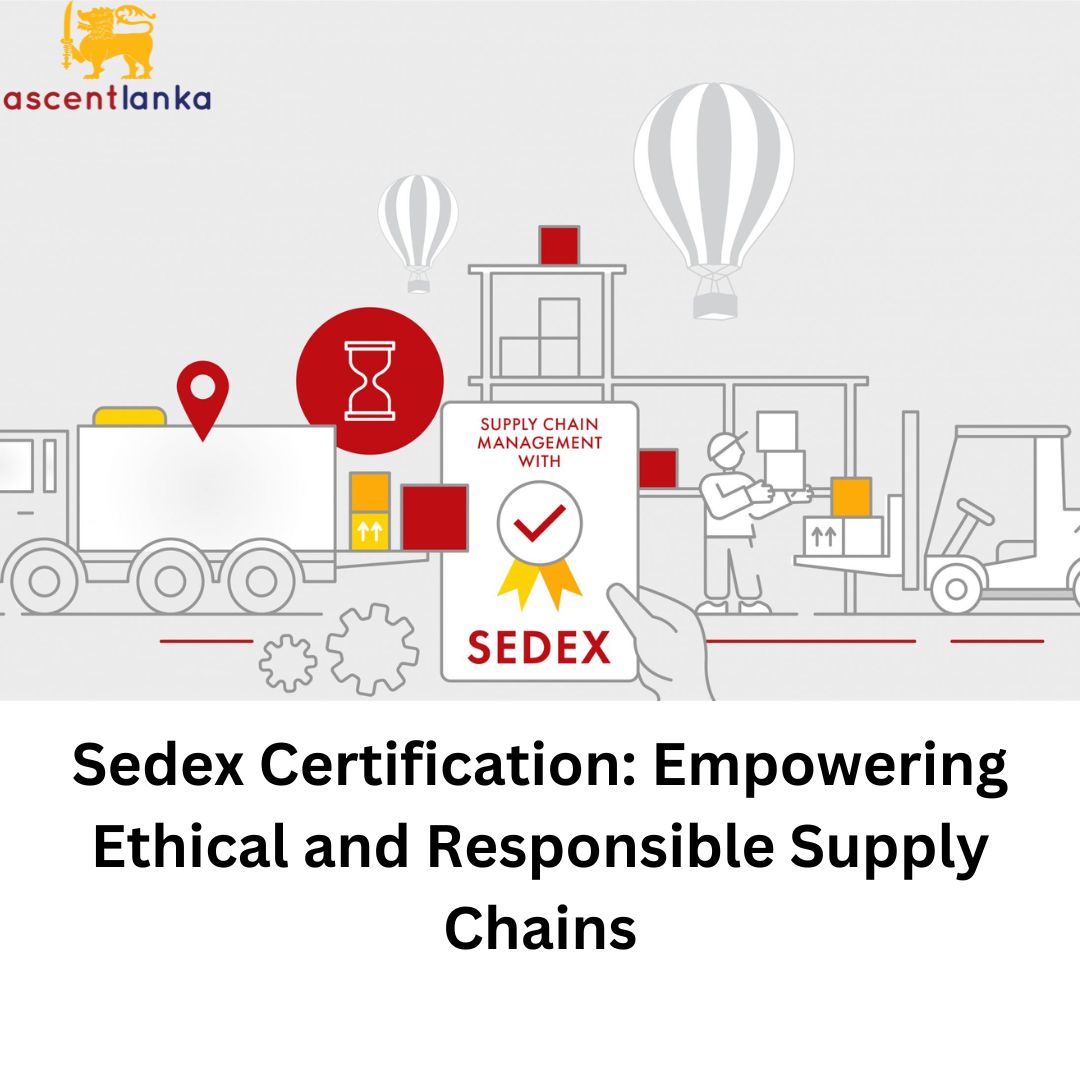
Sedex Certification: Empowering Ethical and Responsible Supply Chains
Sedex Certification refers to an organization’s participation and compliance with the Sedex platform and its ethical performance requirements.
Read More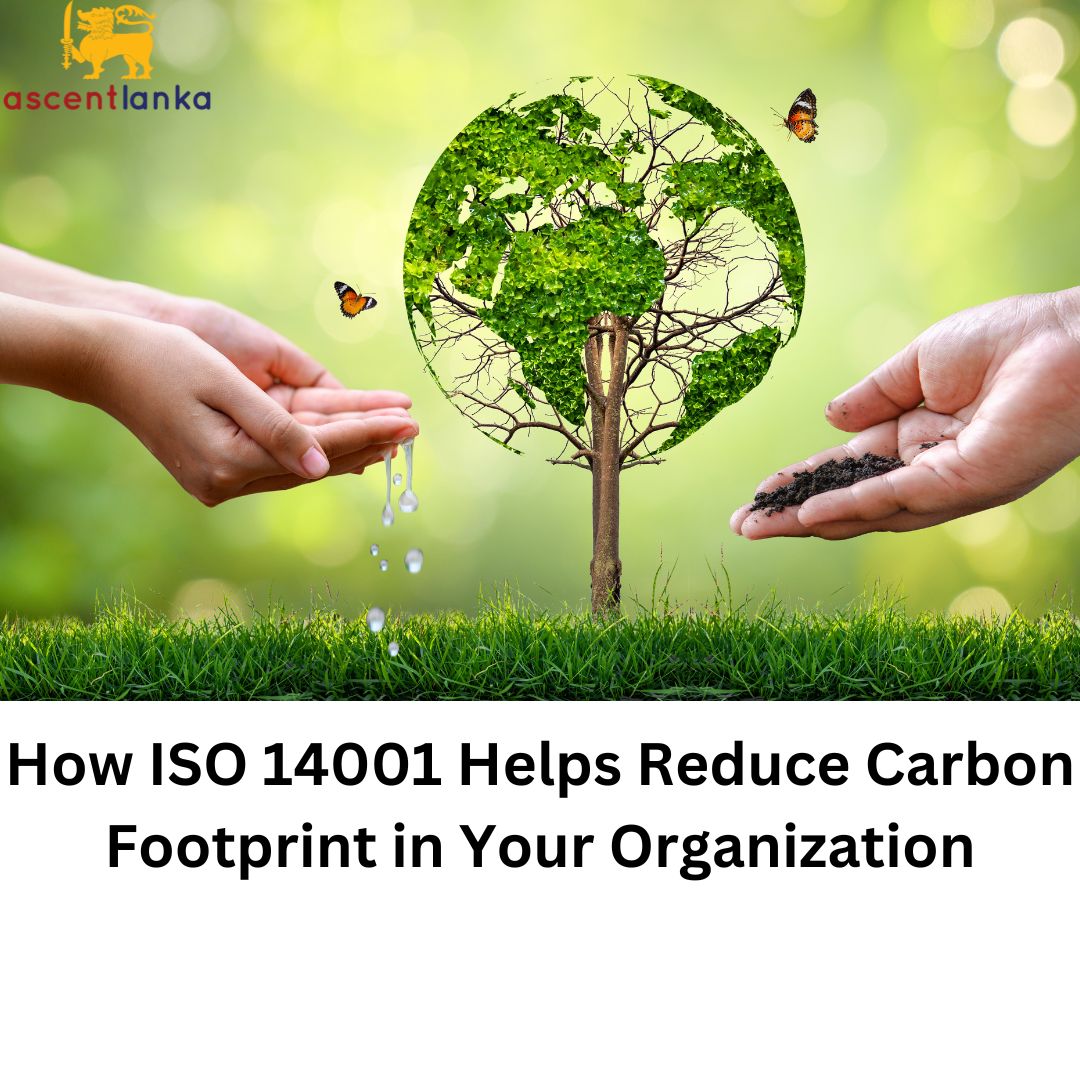
How ISO 14001 Helps Reduce Carbon Footprint in Your Organization
ISO 14001 offers a structured approach for managing environmental responsibilities. It helps organizations,Reduce negative environmental impacts.
Read More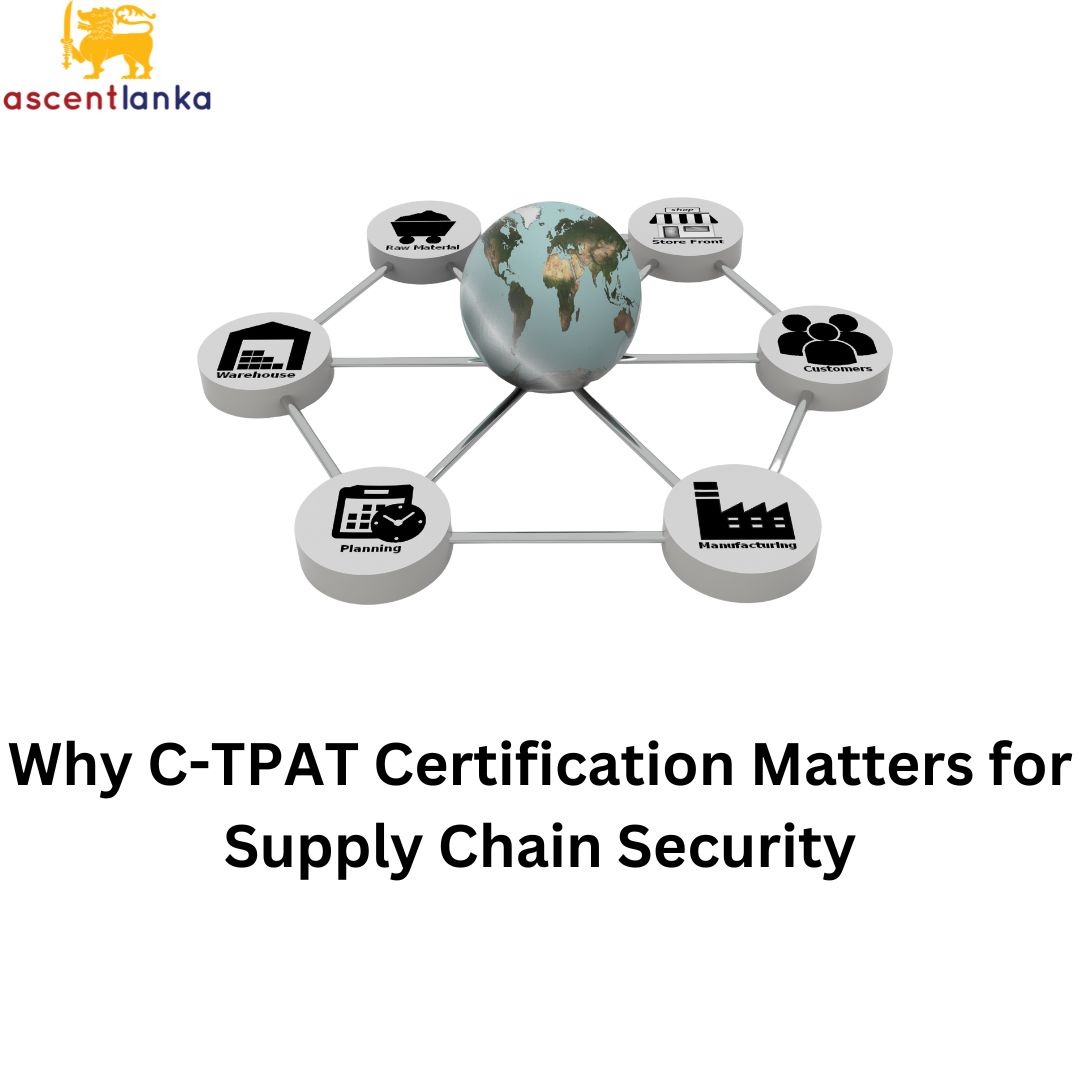
Why C-TPAT Certification Matters for Supply Chain Security
C-TPAT is a public–private sector partnership aimed at improving the security of cargo entering the United States.
Read More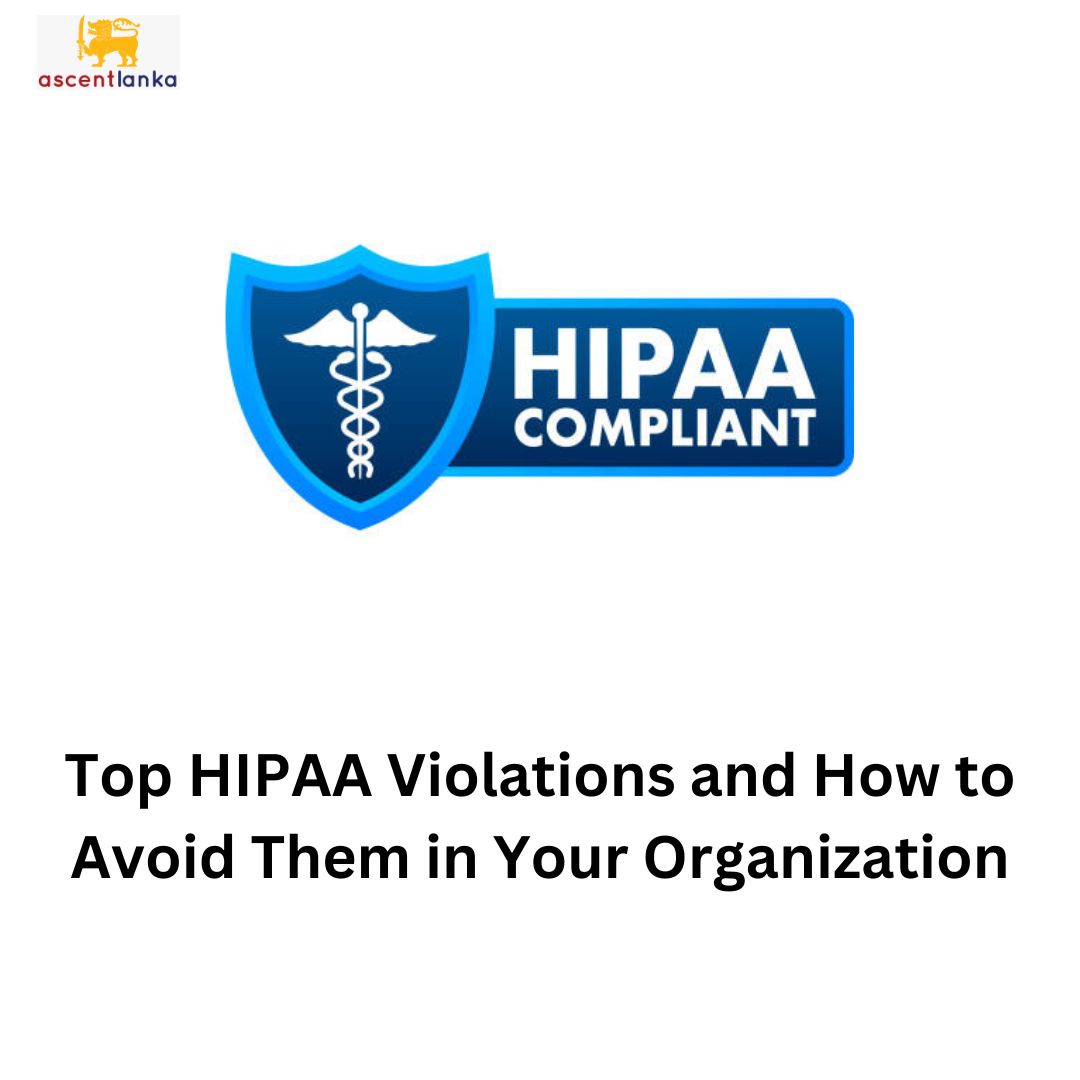
Top HIPAA Violations and How to Avoid Them in Your Organization
Protecting patient information is a legal, ethical, and professional obligation for every healthcare provider and any.
Read More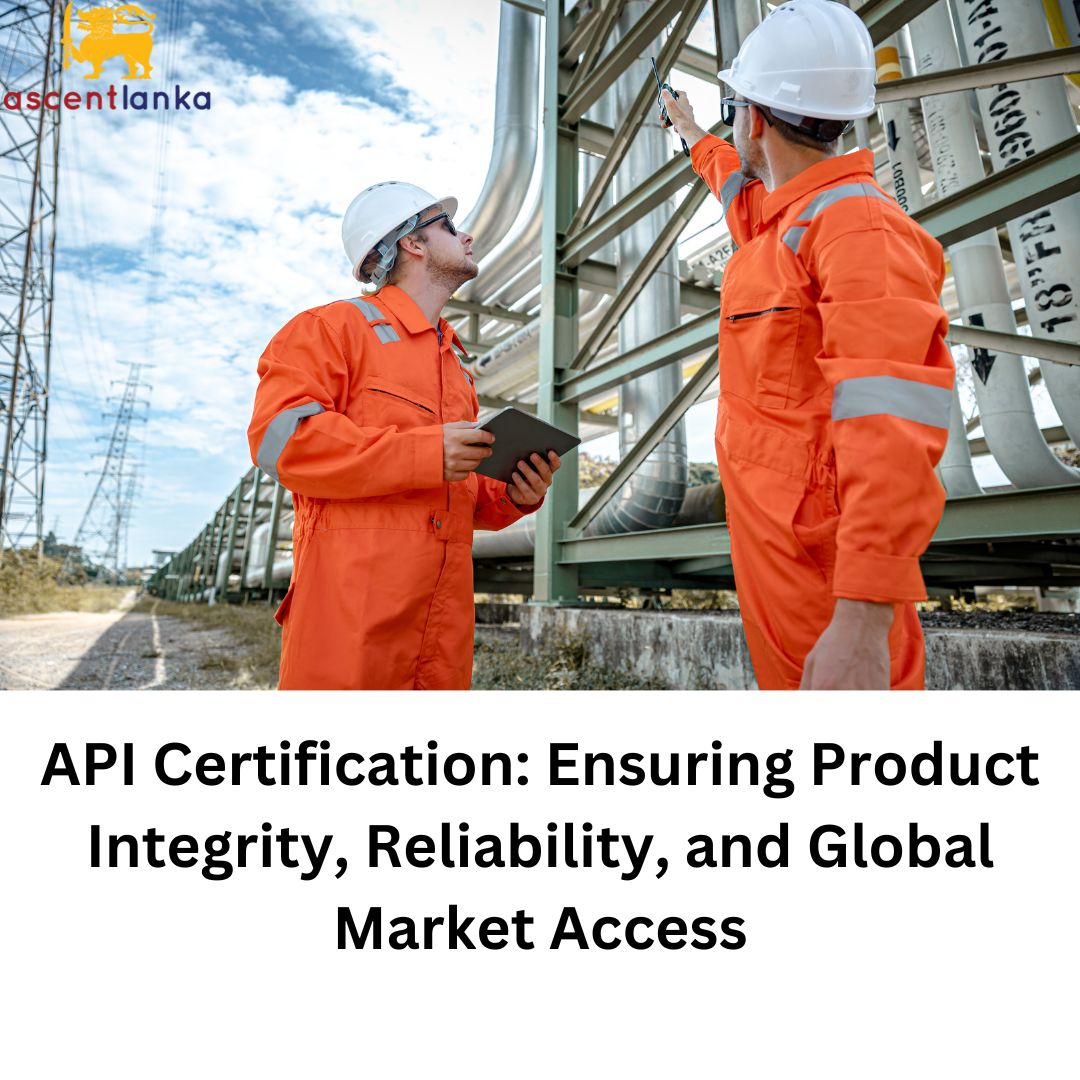
API Certification: Ensuring Product Integrity, Reliability, and Global Market Access
API Certification is a voluntary but highly recognized program developed by the American Petroleum Institute,it verifies that a company’s products.
Read More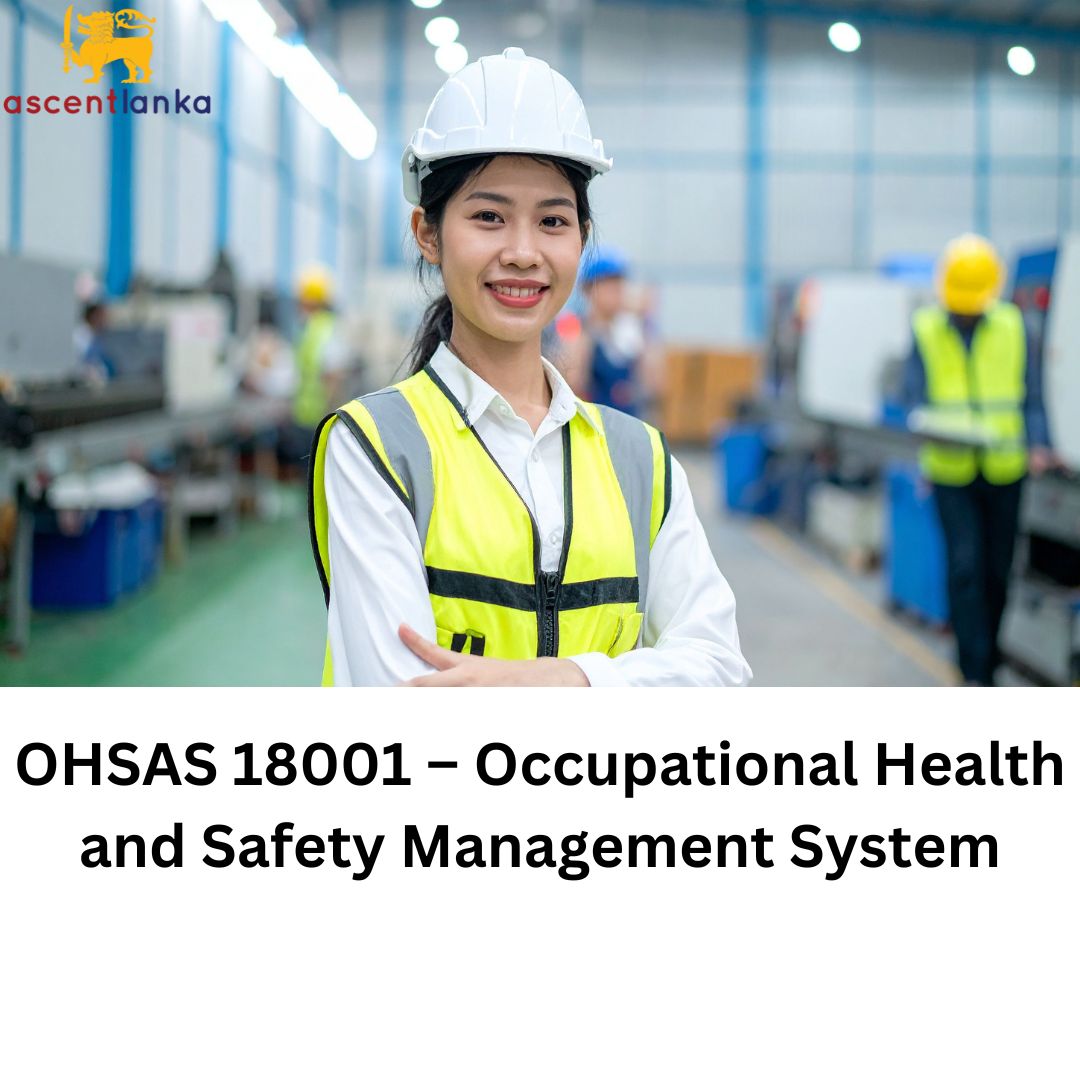
OHSAS 18001 – Occupational Health and Safety Management System
OHSAS 18001 stands for Occupational Health and Safety Assessment Series 18001. It is a specification that provides requirements for an effective occupational.
Read More
ISO 41001:2018 – Facility Management Systems for Sustainable and Efficient Organizations
ISO 41001:2018 is the first international standard for Facility Management Systems, developed.
Read More
GOTS Certification: Ensuring Sustainable and Ethical Organic Textile Production
The standard is globally accepted and administered by independent certification bodies approved by GOTS International.
Read More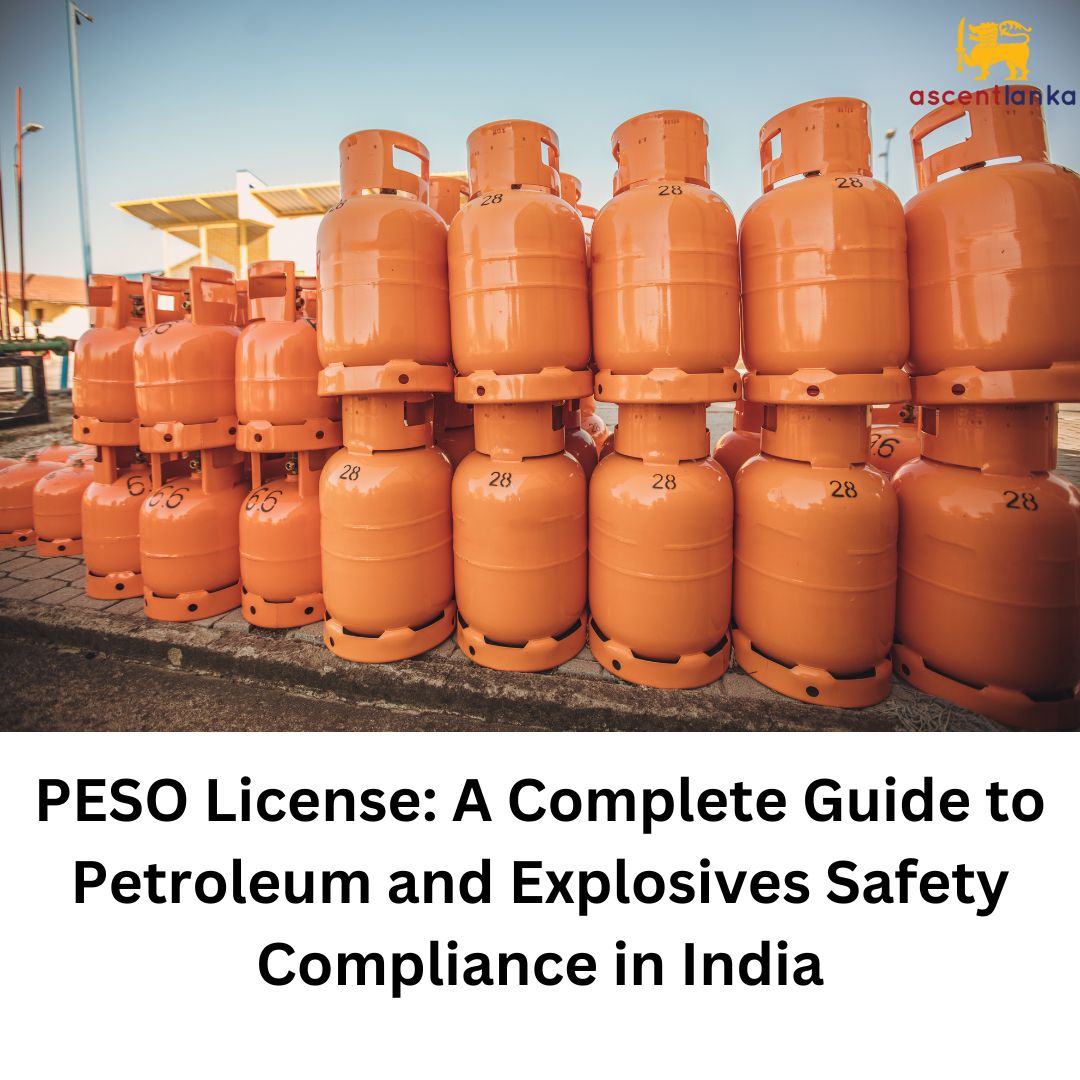
PESO License: A Complete Guide to Petroleum and Explosives Safety Compliance in India
The PESO License is an official authorization issued by the Petroleum and Explosives Safety Organisation.
Read More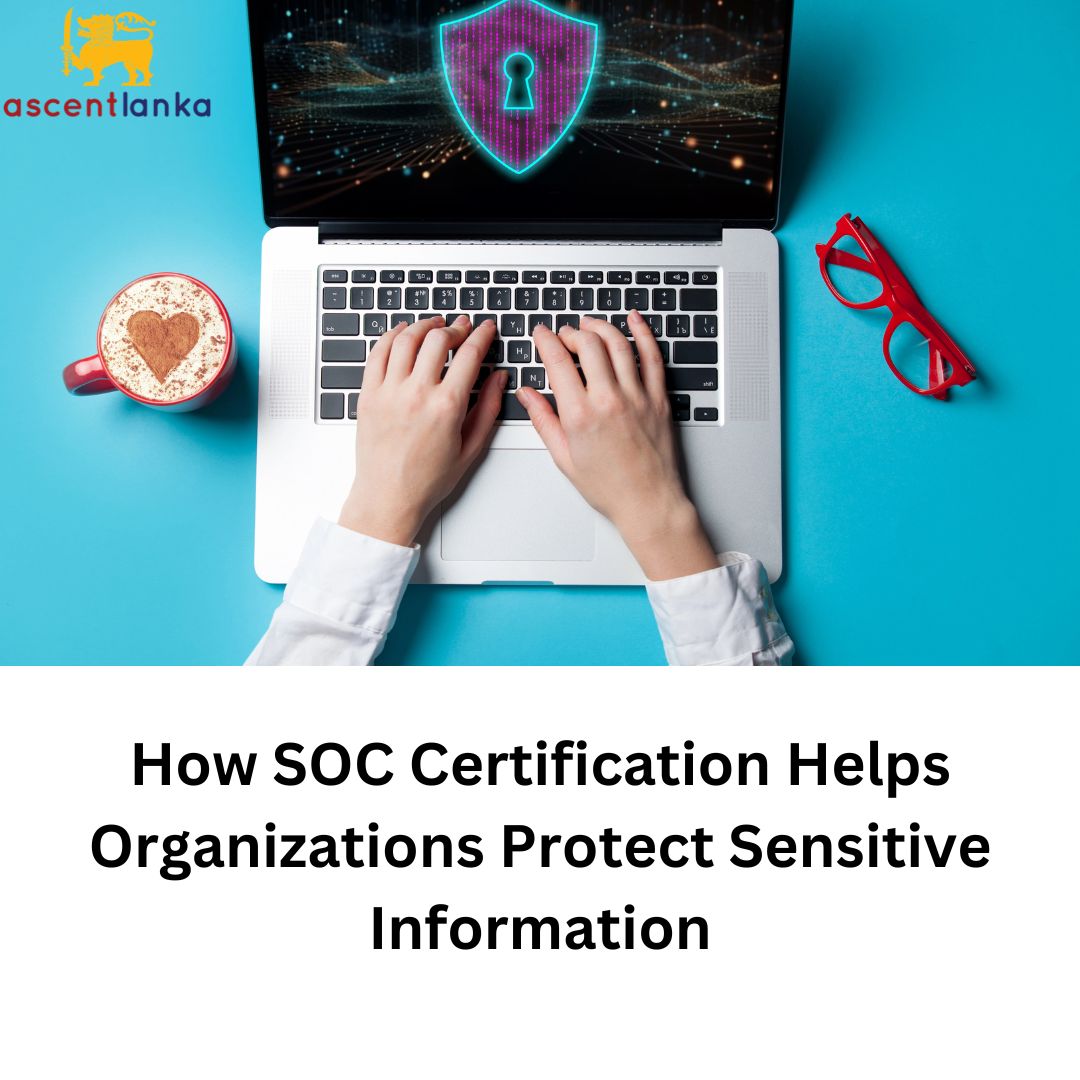
How SOC Certification Helps Organizations Protect Sensitive Information
In today’s digital world, organizations handle large volumes of sensitive information, including customer data, financial records.
Read More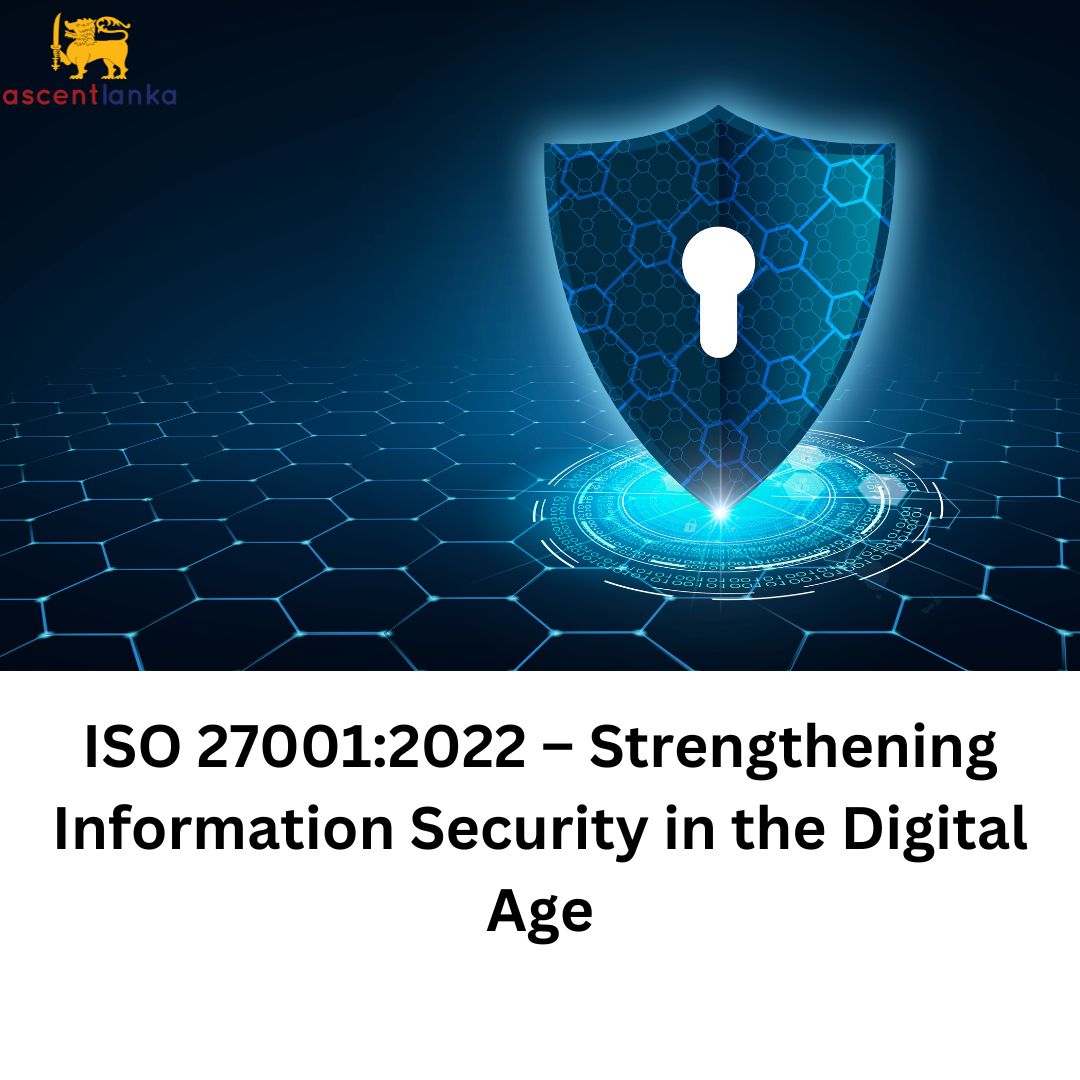
ISO 27001:2022 – Strengthening Information Security in the Digital Era
ISO 27001:2022 is the latest version of the ISO 27001 standard, updated to meet modern cybersecurity challenges.
Read More
